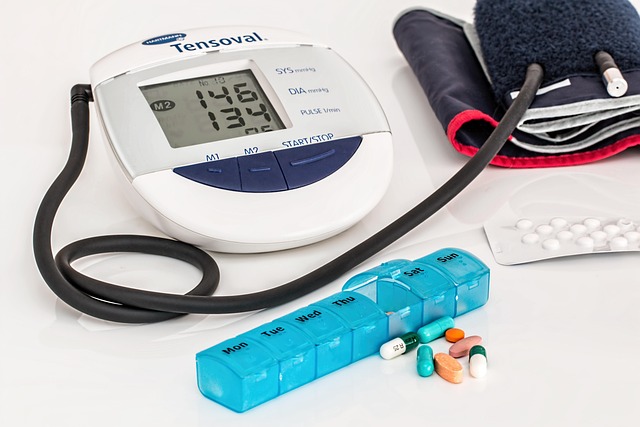The intersection of artificial intelligence and healthcare is a realm burgeoning with possibilities, particularly through the lens of neural networks. These systems, inspired by the human brain’s complex architecture, have become a cornerstone in the evolution of technological innovations revolutionizing the health sector. As we delve into this captivating synergy, we begin to witness the transformative effects of neural network applications on medical diagnostics, treatment plans, and overall patient care.
Neural networks serve as powerful tools that can analyze vast datasets in ways that traditional computing methods cannot. For instance, in medical imaging, neural networks can be trained to identify anomalies in X-rays or MRIs, significantly enhancing the accuracy of diagnoses. This leap in technological innovation not only reduces the risk of human error but also accelerates the diagnostic process, allowing healthcare professionals to focus more on patient interaction rather than administrative delays.
In addition to diagnostics, these advanced algorithms can also personalize treatment plans, tailoring interventions to the unique genetic profiles and health histories of patients. By analyzing patterns across diverse populations, neural networks can unveil insights into how different patients respond to various treatments, paving the way for more effective and individualized healthcare solutions. Such advancements signify a shift from a one-size-fits-all approach to a more nuanced understanding of health – a promising future for precision medicine.
Moreover, neural networks are pivotal in predicting outbreaks and tracking disease progression. With the capability to process real-time data from various sources, these AI systems can forecast health trends, enabling public health officials to implement preventive measures much sooner. The proactive identification of potential health crises exemplifies the remarkable impact of these innovations on community health outcomes, potentially saving countless lives.
The implications of these health innovations extend beyond immediate clinical applications. By fostering better data management and analytics, neural networks reduce operational inefficiencies within healthcare systems. Patient records can be updated and accessed in real-time, enhancing communication among healthcare providers and improving overall coordination of care. This integrated approach not only uplifts patient experiences but also mitigates the burdens placed on medical staff, allowing them to prioritize patient care effectively.
As we journey deeper into this technological landscape, ethical considerations become paramount. The deployment of neural networks in healthcare must be approached with caution. Issues surrounding data privacy, algorithmic bias, and daunting levels of reliance on technology provoke vital discussions about the future direction of AI in medicine. Ensuring equitable access to these innovations must be harmonized with their design and implementation, avoiding disparities that could further exacerbate existing healthcare inequalities.
In essence, the future of health innovations powered by neural networks heralds a new era of medical advancements that resonate with potential and promise. As they continue to evolve, we stand on the brink of unprecedented transformations in healthcare delivery, diagnostics, and patient involvement. Embracing these changes not only challenges us to rethink how we approach health and wellness but also invites us to participate in shaping a future where the power of artificial intelligence truly serves the greater good.




